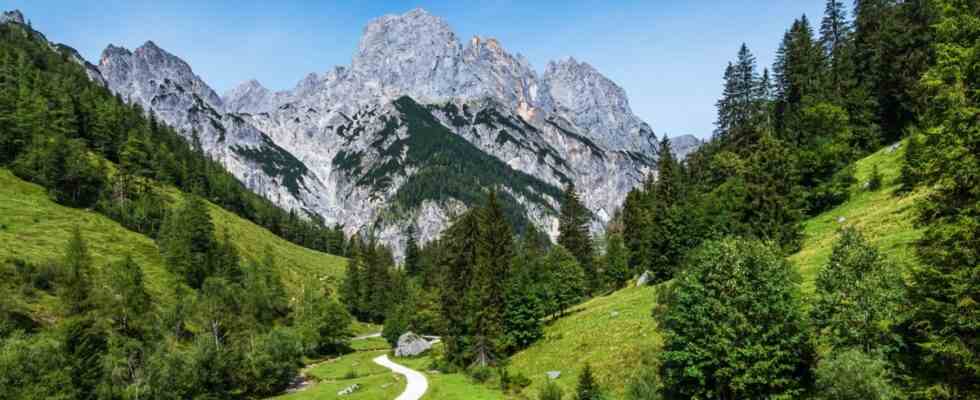What has no price is also worth nothing. According to this widespread logic, goods provided by nature that have no hard-to-measure economic value are usually handled carelessly. Rain, clean air or well-being are some of them. Scientists and some politicians have therefore been calling for putting a price tag on certain natural values for a long time. A prominent example is the nature service of insect pollination for food production. A few years ago, the World Biodiversity Council IPBES estimated the value of this so-called ecosystem service at up to 600 billion dollars per year.
Now the researchers of the UN body are going a big step further: in a study presented in Bonn on Monday new report on “values and evaluation of nature” they plead for not just putting one price tag on natural values, but many different ones.
In its four-year work on the new report, the team of 85 researchers from the social sciences, economics and humanities identified the failure to take into account many of the values created by nature as one of the main causes of the global ecological crisis.
“Biodiversity and with it the services that nature provides to humans are being destroyed more rapidly today than at any time in human history,” said IPBES Chair Ana Maria Hernández Salgar at the presentation of the report. “This is mainly because our current approach to political and economic decision-making does not sufficiently take into account the diversity of nature’s values.”
The Council criticizes that the focus on sustained growth and short-term profits is based on too narrow macroeconomic indicators such as gross domestic product. The values created by nature would only be taken into account if they were reflected, for example, in the cost of raw materials. But that ignores the most diverse natural values, which are no less important.
“Nature in all its diversity is the greatest good that mankind could wish for.”
In order to determine price tags for them, the Council refers to more than 50 complex valuation models that include different perspectives. In a cost-benefit calculation for decisions on market investments, infrastructure projects or even political goals, nature’s contributions to climate regulation, human well-being or cultural and spiritual identity could be “priced in”. A value can also be assigned to certain rights, such as the right of fish to live in a river independently of human needs.
In concrete terms, for a large development project in a rainforest area, for example, this would mean balancing economic benefits such as profit and job creation on the one hand and intrinsic values such as the loss of species and values of cultural identity through the possible destruction of cultural sites on the other.
“Nature in all its diversity is the greatest good that mankind could wish for, and yet its true value is often overlooked in decision-making,” said the head of the UN Environment Program, Inger Andersen, in Bonn. But the IPBES report also has good news. As much as the narrow view of what is considered valuable fueled the global eco-crisis, a broadening of perspectives could also help to end it, the experts write. This is no small task, however: they conclude that it means redefining “development” and “a good quality of life”.

